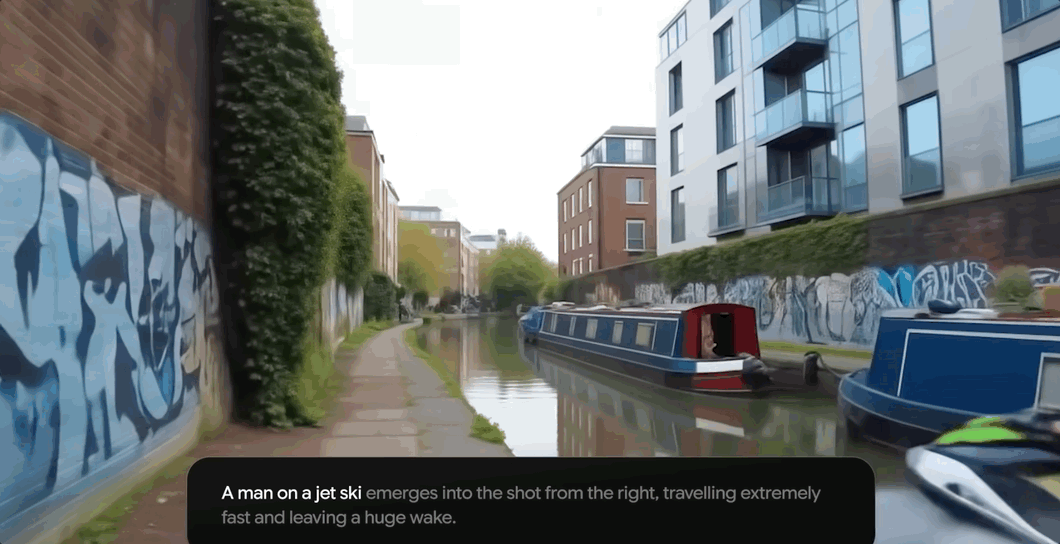
Earlier this year, the technology world welcomed back a long-lost friend. ELIZA, the world’s first artificial intelligence chatbot, had wowed the computer scientists of the mid-1960s with its ability to engage in seemingly meaningful conversation. But, for decades, ELIZA was considered lost because its creator – Joseph Weizenbaum at the Massachusetts Institute of Technology – never published the 420 lines of code he used to create it.
“At that time, it was actually kind of not normal to publish code,” says Jeffrey Shrager at Stanford University in California. Weizenbaum might even have thought that nobody would find it particularly interesting.
How times…






